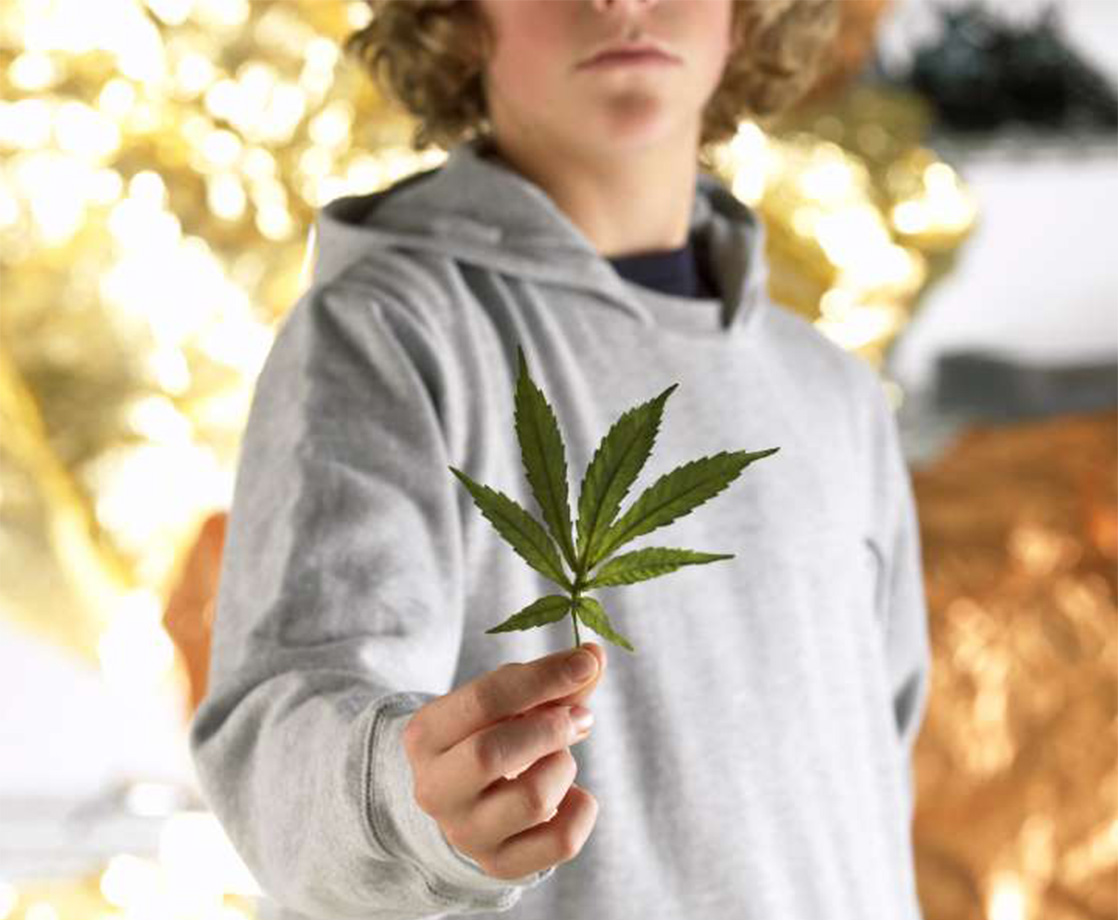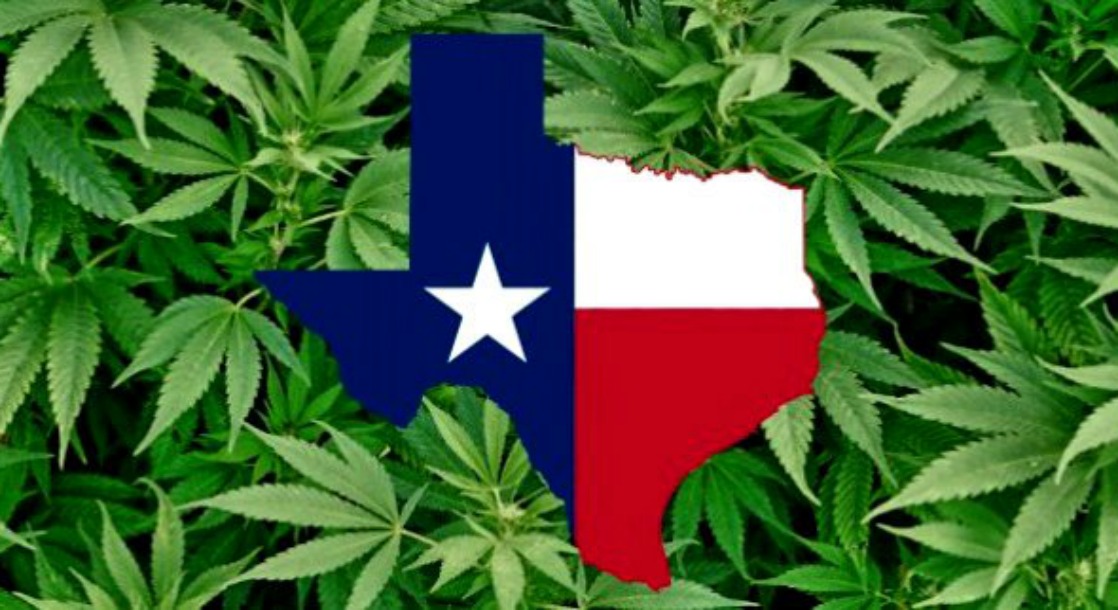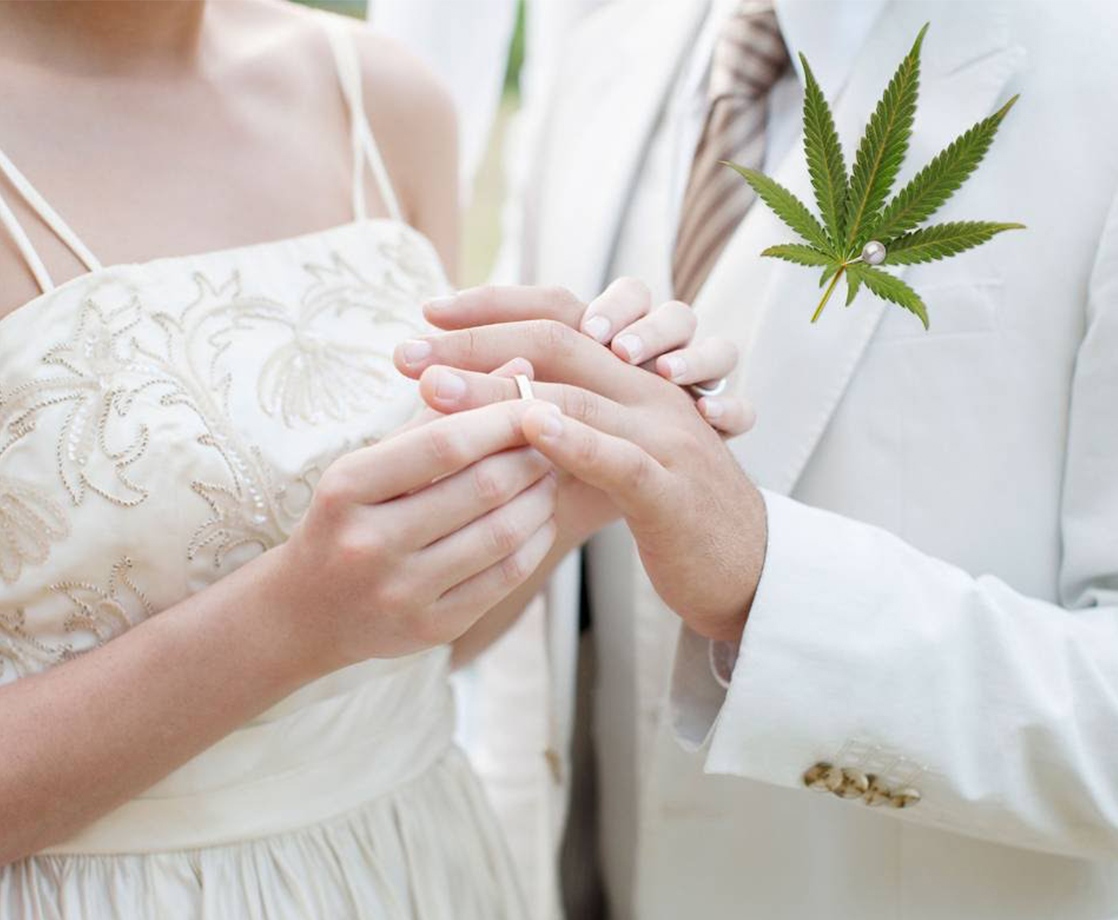A recent study concluded that legal, state-licensed pot shops are “highly compliant” when it comes to checking IDs and keeping weed out of minors’ hands.
The study, published in the Journal of Studies on Alcohol and Drugs, sent undercover researchers into 175 pot shops in Colorado and Washington State. The researchers, aged 18 to 20, would present their underage IDs to the weed store staff. From September 2016 to April 2017, Colorado’s pot employees refused to sell to the underaged “customers” 92.6 percent of the time. Washington’s pot employees didn’t fare as well Colorados, but having stopped underage purchases 86.6 percent of the time, that’s still not bad.
Regardless of the few kids who slipped through with adult-use weed in their possession, the sale refusal rate, wrote the researchers, was still significantly higher than refusal rates at the states’ liquor stores. Why such high refusal rates and higher compliance?
“There are several explanations,” the researchers wrote. “Regulators in both states worked with the industry, performed compliance checks, and penalized stores that failed. Store management may have closely monitored store personnel and checked that they complied with age and ID regulations because licenses are valuable and revenues are sizable. The recreational marijuana industry also may want to avoid any appearance that they are selling to minors to avoid increased federal scrutiny and controls.”
Kids accessing potent, legal weed products was a controversial topic before either Colorado or Washington State made its first recreational sale. However, multiple studies have shown that legalizing marijuana doesn’t increase the teen usage rate, and in some studies, the teen use rate lowers slightly after legalization. Of course, minors could always just snag some legal weed from an adult who got it for them, just as high schoolers do with alcohol.
But let’s be honest here: Teens have always been able to get weed. At least we have fairly solid certainty now that if they did get their hands on a legal weed brand, it wasn’t the friendly neighborhood pot shop that sold it to them.
Follow Randy Robinson on Twitter











